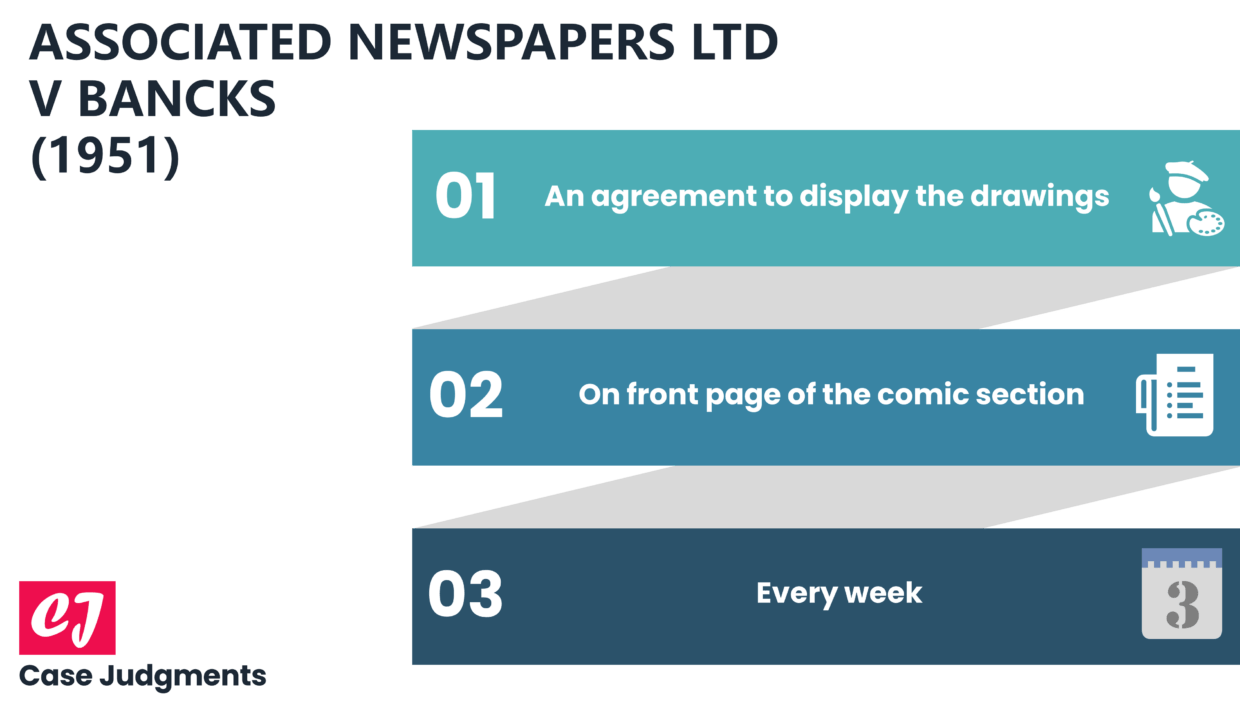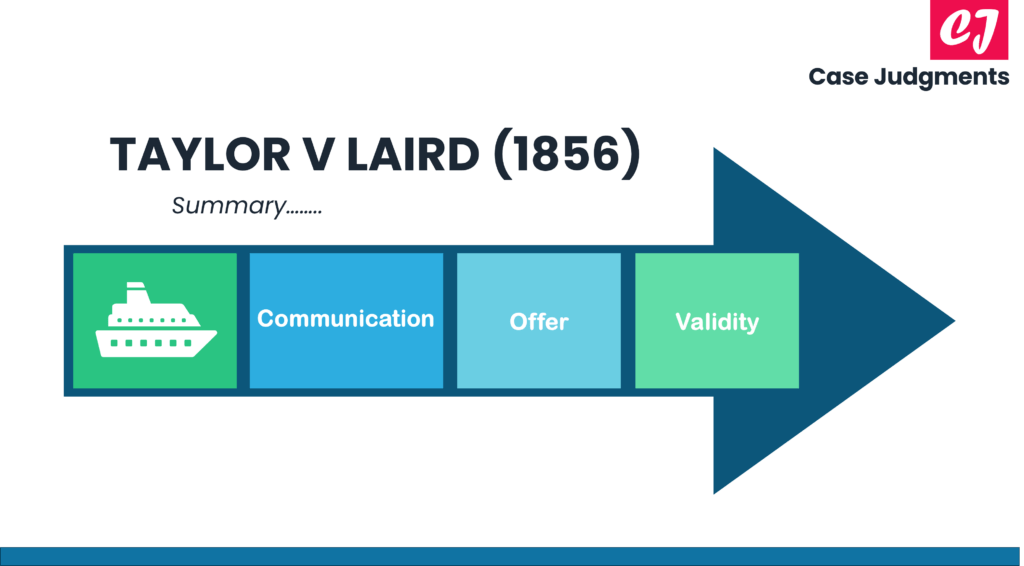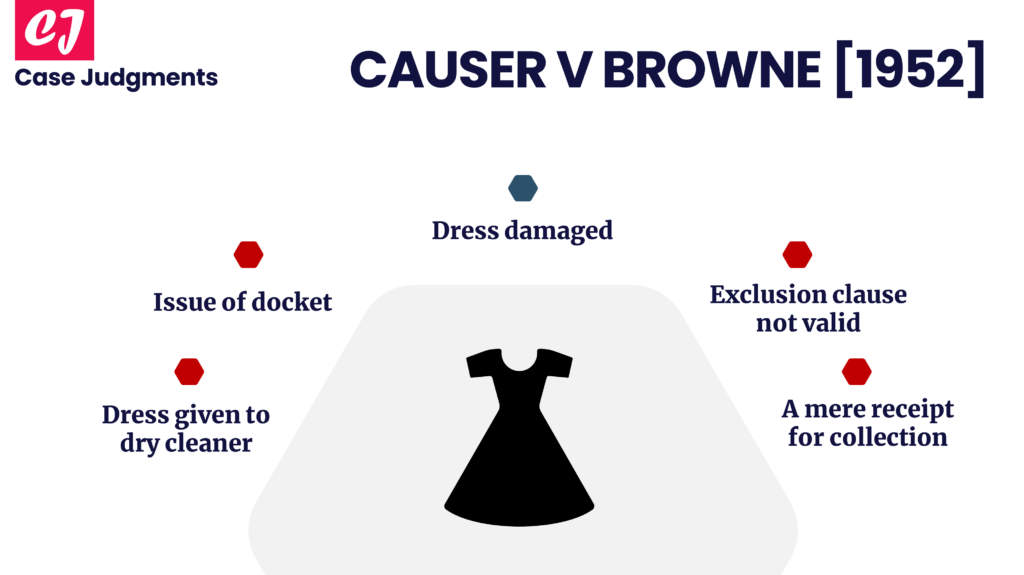
Associated Newspapers Ltd v Bancks (1951)
Associated Newspapers Ltd v Bancks is a UK contract law case that deals with the test of essentiality. The test is to determine whether a term of a contract is essential enough so that its breach gives a right to the affected party to terminate the contract.
Given below are the case details:
| Case name & citation: | Associated Newspapers Ltd v Bancks (1951) 83 CLR 322 |
| The concerned court: | High Court of Australia |
| Decided on: | 11 May 1951 |
| The bench of judges: | Dixon, Williams, Webb, Fullagar and Kitto JJ |
| Area of law: | Terms of a contract |
Facts of the case (Associated Newspapers Ltd v Bancks)
Bancks, a cartoonist, agreed to provide a weekly drawing for Associated Newspapers. It was agreed that Bancks would be paid off a salary in exchange and that his drawings shall be published on the front page of the newspaper’s comic section every week. But owing to paper shortage and some production problems, the cartoonist’s drawings were displayed on page 3 of the comic section on multiple occasions. He protested this; however, Associated Newspapers ignored the issue. Bancks hence decided to terminate further performance of the contract stating that there was a breach of contract.
Associated Newspapers argued that it had not breached the contract as displaying the drawings on the front page was not an essential term.
Issue raised
The issue, in this case, was whether the publication of drawings on the front page of the comic section constituted an essential term of the contract. Accordingly, was terminating further performance of the contract justified?
Judgment of the Court in Associated Newspapers Ltd v Bancks
The Court decided that the promise to publish the cartoonist’s drawings on the front page was an essential term of the contract. Hence, the breach of this promise by Associated Newspapers caused Bancks to terminate further performance. If a term is an essential one and goes to the very root of a contract, then its breach would entitle the affected party to rescind the contract and claim damages for the loss. Whereas if it is a mere warranty or a subsidiary term, then its breach would only entitle the affected party to damages.
In this situation, it was obvious that Bancks would not have accepted the contract unless he was assured that his cartoons would appear on the front page of the comic section. As a result, that promise became an essential term (condition) of the contract.
In giving the judgment, the Court referred to the statement given by Jordan CJ in Tramways Advertising Pty Ltd v Luna Park (NSW) Ltd. He said as under:
“The test of essentiality is whether it appears from the general nature of the contract considered as a whole, or from some particular term or terms, that the promise is of such importance to the promisee that he would not have entered into the contract unless he had been assured of a strict or a substantial performance of the promise, as the case may be, and that this ought to have been apparent to the promisor.”
Conclusion
Associated Newspapers had failed to keep up with the (essential) term of displaying the drawings on the front page and thus, Bancks was entitled to terminate the contract.
List of references:
- https://fpbl.com.au/fpbl2022/cases/bancks.htm
- https://www.queenslandjudgments.com.au/caselaw/qsc/2003/82/pdf
You might also like:
More from contract law:

